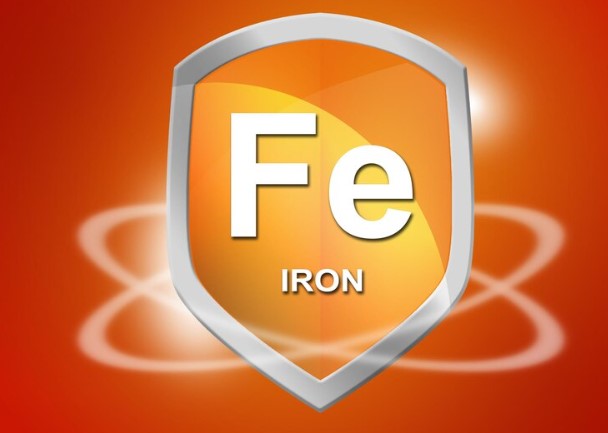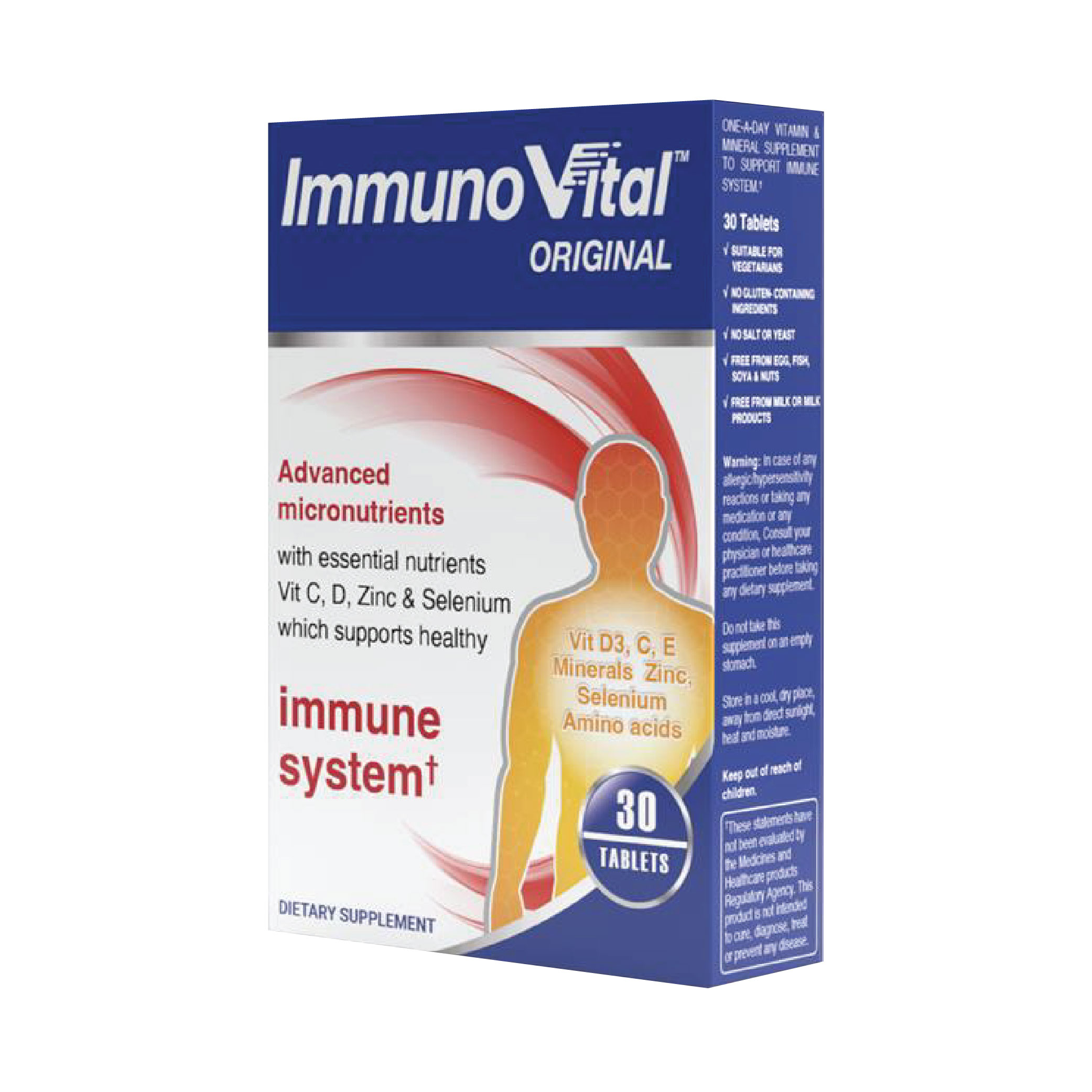the gift of supplements dos and donts
Healthy Gift Guide: The Gift of Supplements Do’s and Don’ts
Apr 10, 2023, 10:07:56 AM

Healthy Gift Guide: The Gift of Supplements Do’s and Don’ts
The gift of supplements can be a great way to support the health and well-being of a loved one. With so many different supplements available on the market, it can be overwhelming to choose the right one. That's why it's important to do your research and consult with a healthcare professional before making a decision.
In this guide, we will discuss the dos and don'ts of giving supplements as a gift and provide information about some vitamins and supplements. By following these guidelines, you can ensure that your gift of the supplement will be safe and effective, and will truly support the health and well-being of the person you care about.
When giving the gift of supplements, it's important to keep a few things in mind.
DO:
Research the specific supplement you plan to give. Make sure it is safe and effective for the intended recipient.
Check that the supplement is from a reputable source and has been third-party tested for purity and potency.
Consider the recipient's dietary restrictions and allergies, and make sure the supplement is appropriate for them.
Give the gift of a supplement in combination with a healthy lifestyle such as exercise and a balanced diet.
DON'T:
Give supplements as a replacement for prescribed medications without consulting a doctor.
Provide the children with supplements and vitamins without consulting a pediatrician.
Give a supplement that the person is already taking, or give a large number of supplements.
Assume that more is better. High doses of certain supplements can be dangerous.
Supplements to gift to your loved ones.
Iron Supplement:

It can effectively treat or prevent iron deficiency anemia, a condition in which the body does not have enough iron. Iron is an essential mineral that helps carry oxygen in the blood.
In addition to that, it comes in various forms, including tablets, capsules, liquids, and gummies. The most common form of iron supplement is ferrous iron, which is well absorbed by the body. However, some people may have difficulty tolerating ferrous iron due to side effects such as stomach upset or constipation. In this case, other forms of iron such as ferric iron or heme iron may be more appropriate.
It is important to note that Iron supplements should only be taken under the supervision of a healthcare professional. Iron supplements can be harmful if taken in large doses or by people who do not have iron deficiency. High doses of iron can cause nausea, vomiting, diarrhea, constipation, and abdominal pain. In rare cases, it can also cause serious side effects such as damage to the liver and other organs.
Multivitamin

A multivitamin is a dietary supplement that contains a combination of vitamins and minerals. The idea behind taking a multivitamin is to supplement the diet with micronutrients that may be lacking in the individual's diet.
Multivitamins can be formulated for different age groups, genders, and health conditions. Some multivitamins are formulated specifically for pregnant women, older adults, or people with certain medical conditions.
Moreover, multivitamins are not meant to replace a healthy diet, nor should they be used to treat or prevent any disease. They should be considered as an addition to a healthy diet and lifestyle.
It is always best to consult with a healthcare professional before starting any new supplement, including multivitamins. A healthcare professional can help determine if a multivitamin is appropriate for the individual and can also advise on the proper dosage and administration.
Vitamin C

Vitamin C, also known as ascorbic acid, is a water-soluble vitamin that is essential for human health. It is a powerful antioxidant that helps protect cells from damage caused by free radicals. Vitamin C is also important for the production of collagen, a protein that helps form skin, blood vessels, tendons, and ligaments.
Moreover, it plays a role in many important bodily functions, including the formation of collagen, the absorption of iron, the immune system, wound healing, and the maintenance of healthy gums, teeth, and bones.
Vitamin C is found in many fruits and vegetables, including oranges, lemons, limes, strawberries, kiwi, papaya, bell peppers, spinach, and broccoli. It can also be found in supplements in various forms, such as tablets, capsules, powders, and liquids.
It is worth noting that vitamin C is generally considered safe when taken in appropriate doses. But excessive intake can lead to diarrhea, nausea, and stomach cramps. High doses of vitamin C can also cause kidney stones in some people. So, it is always best to consult with a healthcare professional before starting any new supplement, including vitamin C.
Biotin Supplements

Biotin, also known as vitamin H or vitamin B7, is a B vitamin that plays a key role in the metabolism of carbohydrates, fats, and amino acids. It is also important for healthy skin, hair, and nails. Biotin is found in a variety of foods, including eggs, nuts, seeds, and leafy greens.
Some people also use biotin supplements to help strengthen their hair and nails and prevent hair loss.
Furthermore, biotin deficiency is rare, and most people who take a balanced diet get enough biotin from the food they eat. However, biotin deficiency can occur in people who have certain health conditions, such as long-term use of antibiotics, pregnancy, and rapid weight loss.
Conclusion
In conclusion, giving the gift of supplements can be a thoughtful and beneficial gesture, but it's important to do so with care. By researching the specific supplement, checking for reputable sources and purity, and consulting with a healthcare professional, you can ensure that your gift of supplements will be safe and effective for the intended recipient. Additionally, it's important to keep in mind the recipient's dietary restrictions and allergies and to give the gift of a supplement in combination with a healthy lifestyle. By following these guidelines, you can give the gift of better health and well-being to a loved one, while avoiding any potential risks. Remember that giving supplements is not a replacement for a balanced diet and regular exercise and is always best to consult with a doctor or a healthcare professional.
LATEST BLOG POSTS
RECOMMENDED PRODUCTS
Vital Healthcare Immuno Vital, Immune System Support with Vitamins, Zinc and Antioxidants, 30 Tablets
(7)
IN 30 mins
AED 28.70
58.8
Organic Earth Immune Guard, Vitamin C, Zinc, Elderberry and Mushroom Immune Support - 60 Capsules
(14)
IN 30 mins
AED 72.45
152.25










